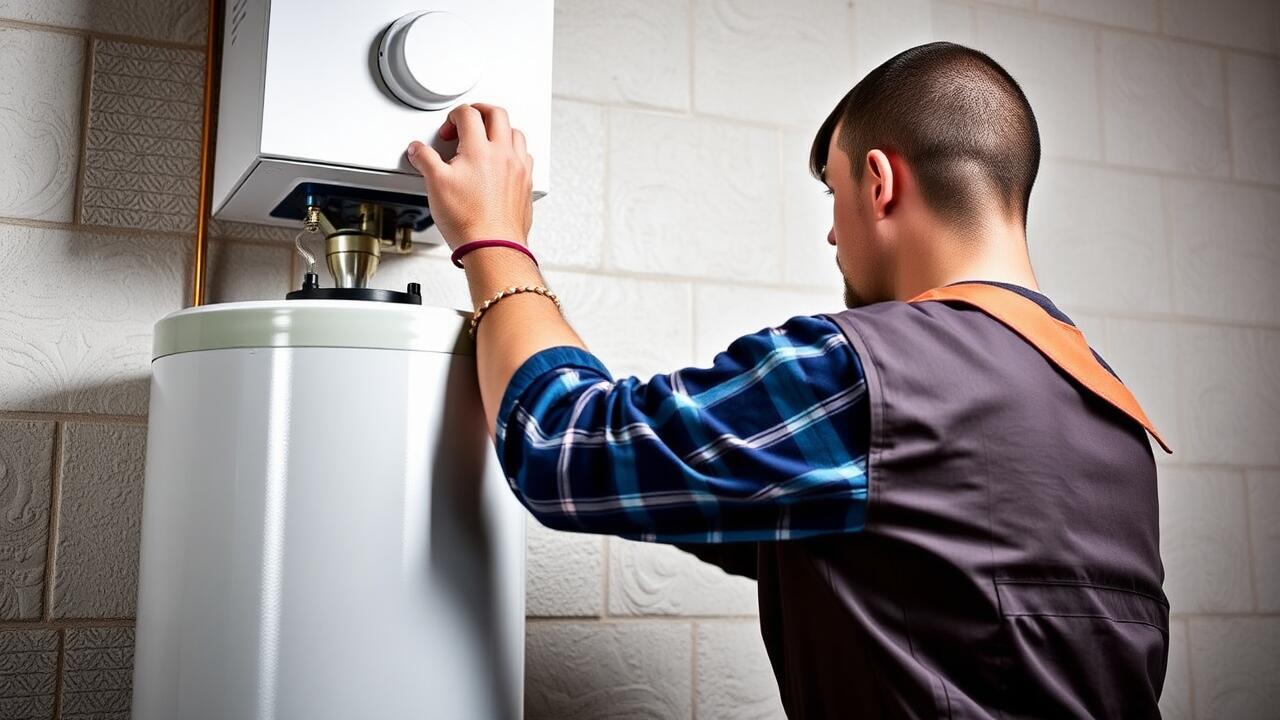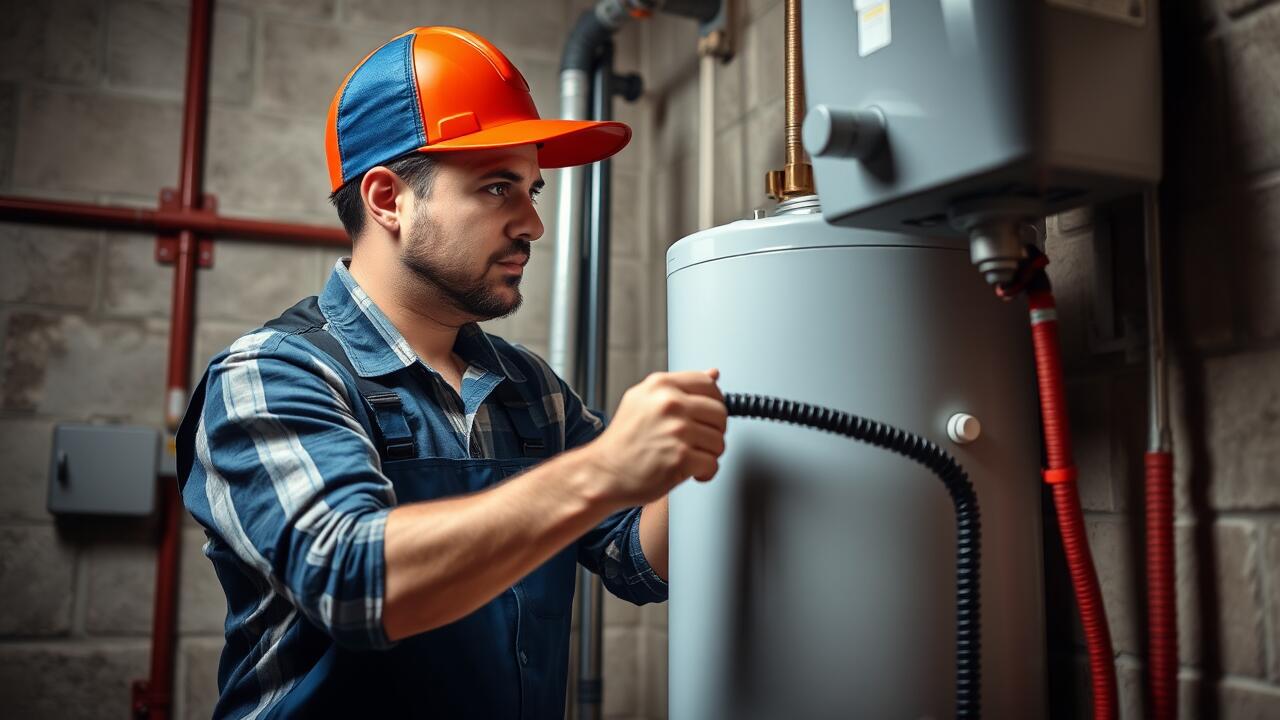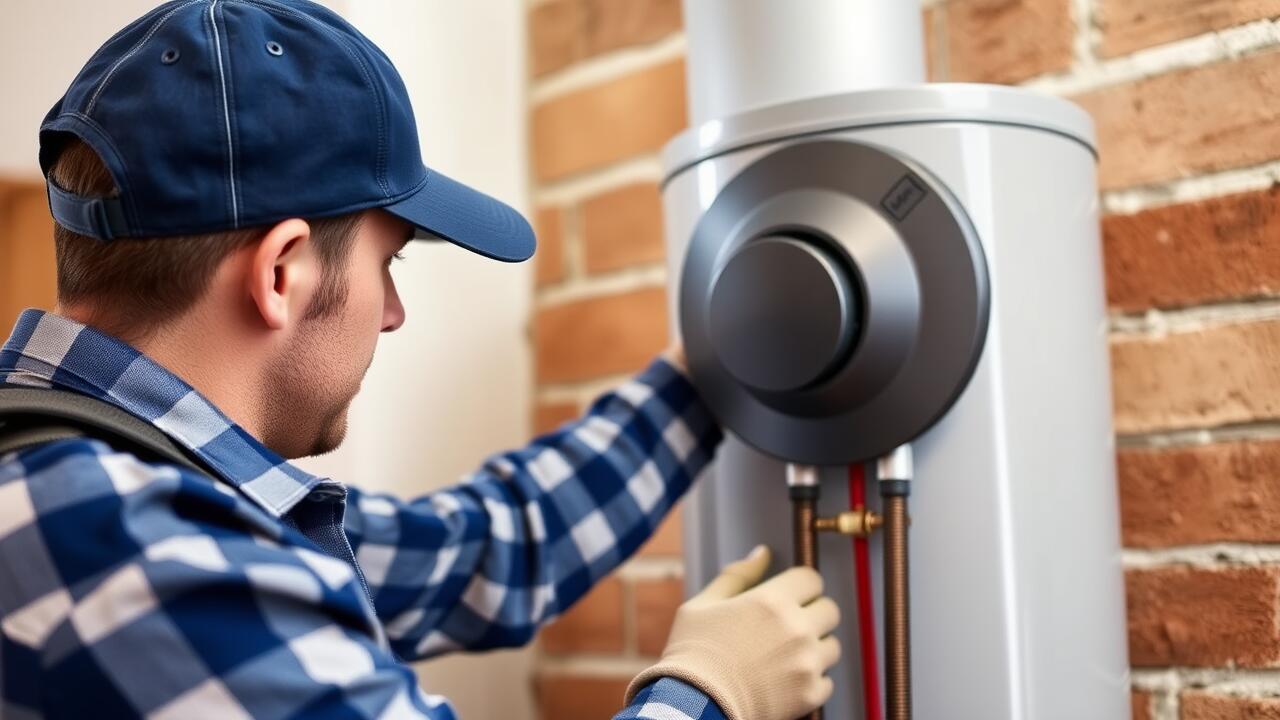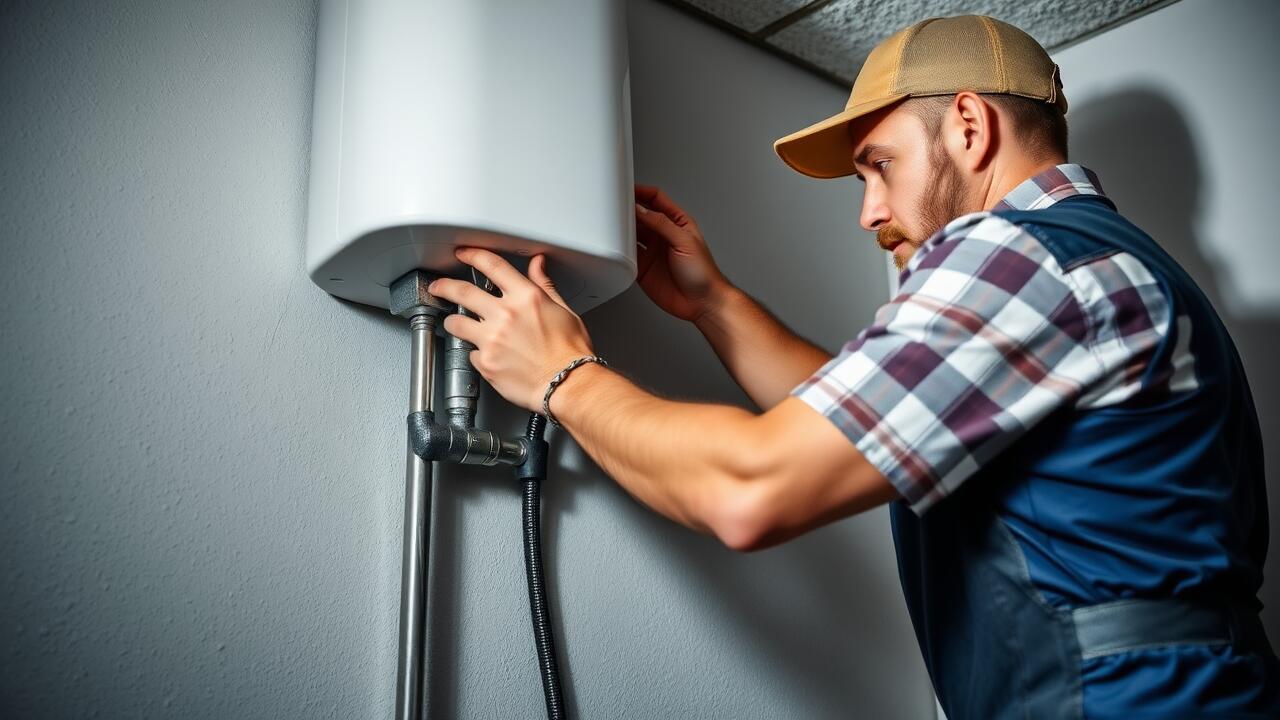
Additional Components and Upgrades
The complexity of installing a water heater can significantly increase due to the need for additional components and upgrades. Homeowners often require new fittings, valves, or piping to accommodate the new unit. These parts not only add to the initial cost but may also necessitate professional installation to ensure safety and compliance with local codes. In areas like Los Angeles, water heater installation might include enhanced seismic bracing to comply with regulations specific to earthquake-prone zones.
Furthermore, many homeowners opt for upgraded models with advanced features, making the installation process more complex. High-efficiency water heaters or tankless systems often require specialized equipment or modifications to existing systems. Such upgrades can improve energy efficiency over time but come with a higher upfront cost during installation. In Los Angeles, water heater installation takes into consideration these factors, leading to variations in quotes and overall expense.
Plumbing and Electrical Modifications
Upgrading a water heater often entails extensive plumbing and electrical modifications to accommodate the new unit. Los Angeles Water heater installation typically requires new piping if the existing system is outdated or not compatible with modern standards. Existing plumbing may not support the requirements of a more efficient unit or may need repairs to prevent leaks. Electrical upgrades might also be necessary, especially when switching to a high-capacity electric heater or a more energy-efficient model, increasing the overall installation costs.
These modifications do not just add to expenses; they also influence the overall effectiveness and longevity of the water heater. Proper electrical wiring ensures that the unit operates efficiently, while upgraded plumbing minimizes the risk of future issues like bursts or slow drips. Homeowners should consider the long-term benefits of investing in high-quality modifications, as these decisions can significantly enhance the performance and durability of the water heater system.
Age and Condition of Existing Infrastructure
The age and condition of existing plumbing and electrical systems can significantly affect the overall cost of a new water heater installation. Older homes often have outdated pipes or wiring that may not meet current safety standards or efficiency requirements. Upgrading these systems can add substantial costs to the project. Potential issues, such as leaks or corrosion, may require immediate attention, leading to unexpected expenses during the installation process.
In areas like Los Angeles, water heater installation costs can rise even further if extensive modifications are needed to accommodate new equipment. An outdated infrastructure not only delays the installation but also requires skilled labor to ensure everything is up to code. Homeowners should consider these factors when budgeting for a water heater replacement, as the price may reflect both the new unit and the necessary upgrades to existing systems.
Effects of Old Plumbing on Installation Costs
The age and condition of existing plumbing can significantly impact the cost of a water heater installation. Older homes often feature outdated pipes that may not be compatible with new water heater models. This mismatch requires homeowners to invest in additional plumbing modifications, driving up overall costs. For instance, if corrosion or leaks are present, extensive repairs must be made before the new system can be safely installed.
Los Angeles water heater installation presents unique challenges when dealing with antiquated plumbing systems. Local regulations may demand compliance with modern standards, further complicating the installation process. Upgrading old pipes not only increases the installation price but also ensures that the new water heater operates efficiently over time. This necessity to modernize can lead to higher upfront expenses, but it's often a crucial step for long-term performance and reliability.
Water Heater Efficiency and Long-Term Savings
The efficiency of a water heater plays a significant role in determining both its initial cost and long-term operational expenses. High-efficiency models often come with a higher price tag but can translate into substantial savings on energy bills over time. Homeowners in need of Los Angeles water heater installation should consider the technology behind condensing gas units or heat pump water heaters, which use significantly less energy than traditional systems. Making a wise choice upfront can lead to reduced monthly utility expenses and a smaller carbon footprint.
Beyond the financial aspects, selecting an efficient water heater contributes to greater overall comfort in the home. Insulation, temperature settings, and energy source all factor into how well the heater performs. As such, investing in an energy-efficient model not only pays off in bill savings but also enhances performance and reliability. Those opting for Los Angeles water heater installation should evaluate energy efficiency ratings alongside expected long-term benefits to make an informed decision that aligns with their needs.
The Trade-off Between Initial Cost and Energy Bills
When considering the expense of a new water heater, homeowners often grapple with the balance between initial costs and future savings. A more efficient water heater may require a higher upfront investment. However, the potential decrease in energy bills can offset this expense over time. Upgrading to a model with better energy ratings leads to substantial savings in utility costs, making it a worthwhile long-term consideration.
Los Angeles water heater installation can vary significantly depending on the type and efficiency of the unit selected. Choosing an energy-efficient model may enhance comfort while also contributing to lower monthly expenses. The decision process involves not only the sticker price but also how the choice impacts overall energy consumption in the years ahead. Weighing these factors carefully can lead to a more informed purchase that aligns with both budget and efficiency goals.
FAQS
What factors contribute to the high cost of installing a water heater?
The main factors that contribute to the cost include the price of the water heater itself, necessary additional components and upgrades, plumbing and electrical modifications, and the age and condition of existing infrastructure.
Are there any hidden costs associated with water heater installation?
Yes, hidden costs can include unexpected plumbing or electrical modifications, permits, and the potential need for additional upgrades to comply with local codes.
How does the age of my current plumbing affect the cost of installation?
Older plumbing may require repairs or replacements before a new water heater can be installed, which can increase installation costs significantly.
Is it worth investing in a more efficient water heater?
Yes, while the initial installation cost may be higher, a more efficient water heater can lead to significant long-term savings on energy bills, making it a worthwhile investment.
Can I save money by installing a water heater myself?
While DIY installation might save on labor costs, it's often not recommended due to the complexity of plumbing and electrical work, as well as local code requirements. Professional installation can ensure safety and compliance.



